Still Alive: A Micro Agency's 20 Year Journey
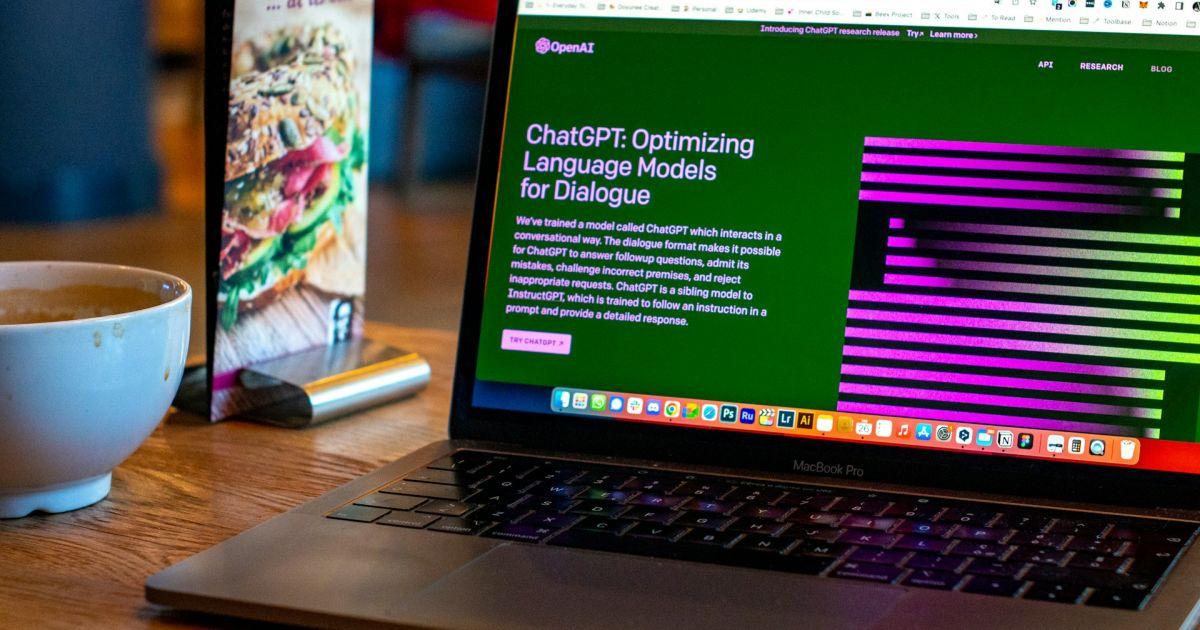
Recently I was handing over tasks to an AI when it struck me how much my work has changed. It's been two years since OpenAI released ChatGPT-3.5 but things were so different when I first started Another Cup of Coffee. One of my biggest problems, almost twenty years ago, was figuring out how I'd hire skilled people with no budget. Now I'm learning to understand how to use something that's been trained on all the world's knowledge, while paying less than the price of lunch.
This change is astounding so I thought to reflect on our journey. I'd like to tell the story of building Another Cup of Coffee from a one-person operation to a survivor of multiple technological revolutions. It's a story about the decisions, both good and bad, that led to where we are now. Most of all, it's about learning to adapt before a shift in paradigm.
I'd like to share this now because I believe the developments in Artificial Intelligence have brought us to another turning point. It's once again time to adjust to new ways of working. Before I get into that, I think it's important to look back on the past to understand how we got here.
Finding Our Path
Another Cup of Coffee has never positioned itself as a trailblazer. It was founded on the principles of reliability, technical expertise and long-term client support. We focus on the behind-the-scenes work so that our clients can shine. And while we don't try to be the first to adopt every new trend, we have found there's value in selecting tools and methods that make our services better.
Over the past two decades, our approach has positioned us to adapt to industry shifts while ensuring that our clients remain happy with the core of what we do for them. This philosophy was a counterpoint to the early days of the web which was an experimental and somewhat chaotic scramble to try new technologies.
The Early Web
The web was very different in the '90s. I remember moving out of the comfortable walled garden of CompuServe into the wild web—and being completely underwhelmed. It was slow, even after upgrading to a blazingly fast 28.8K modem.
Browsing sites on NCSA Mosaic was confusing too but we netizens soon understood the Net to be a place without rules. And if you wanted something, you had to build it, so we did. We hand coded sites in Notepad, Vi, FrontPage or HotDog. (Some of you must remember HotDog, right?) We built and experimented and figured things out as we went along.
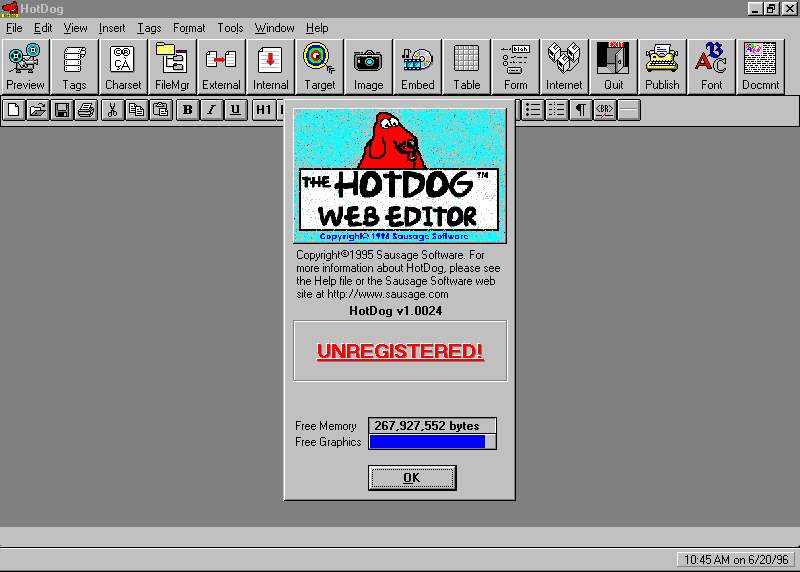
After university, I landed jobs working on mobile data synchronisation, building online communities, web databases, and rolling out the first mobile services. These concepts are taken for granted now but they were pioneering back then. People quickly integrated new technologies into their business and personal life, opening up different approaches for accomplishing everyday tasks.
Starting Out as a Freelancer
It was exciting work but I liked doing things my own way and set out as a freelancer in the early 2000s. I wore whichever hat would get work: technology analyst, database developer, systems administrator, network engineer, and of course, 'webmaster' (how quaint). Remote work wasn't a thing yet, so legitimacy meant having a proper business address.
People would blag desks from friends' businesses or pay for expensive serviced office space. I chose the quick and easy route: a rented mailbox address in Gloucester Road, London. Just a block away from the tube station and a short walk from Kensington Palace, it sounded legit and swanky! But no, by necessity I was working from home and operating a virtual office before it was the norm.
Fresh Coffee and Trendy Peers
After a few years as a solo freelancer, I realised that having a team behind me was necessary to take on more ambitious projects. When Another Cup of Coffee was formally established in 2006, it was a natural continuation of those freelancer years but with a more structured agency approach. The aim was to offer fully-functional but reasonably priced websites to small businesses, using a set of ready-built tools and an emphasis on customer service.
Many developers were still rolling their own custom solutions. They retained the do-it-yourself mindset of the early web and didn't realise that open source Content Management Systems had matured enough to offer production-ready web platforms. WordPress was still mostly a blogger tool so I chose Drupal because of its flexible content structure and growing module ecosystem. We offered complete web solutions at a fraction of the cost and development time needed by most other agencies.
Westbourne Studios
I set up in a client's spare meeting room in the trendy Westbourne Studios, near London's famous Portobello Road Market. Westbourne Studios was a space popular with creatives, musicians and media professionals which, after hours, transformed into one of Notting Hill's most popular nightclubs.
In exchange for free office space, I handled project management for the host company. We shared the unit with three other micro agencies in the cool creative media arena so as techs, we were somewhat out of place.
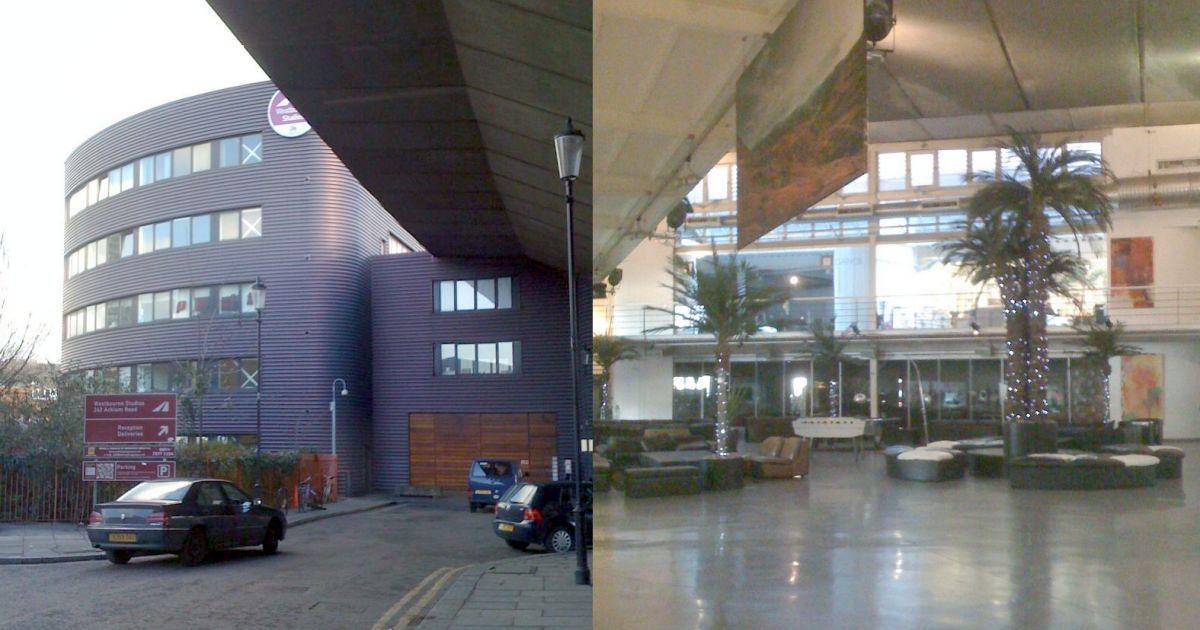
Our initial team was small but promising. My friend Lan handled technical support; Karl, a colleague I befriended from my first job out of university, took care of development; Pafsanias, a brilliant fresh graduate who responded to my Gumtree job ad, created the front-end eye candy; Benjor, another friend who ran a small design studio in the Philippines, was our remote designer. I focused on project and account management while trying to build up the business. Claire (not her real name) was in charge of sales.
Early Mistakes
We all gelled personally but I learned an expensive lesson with Claire. You see, she couldn't actually sell. Claire was a photographer looking for side work, and I thought her outgoing personality would make up for inexperience.
I was wrong. You need the right type of person in sales and she wasn't that person. It was my mistake. Perhaps I was motivated by the need to fit in with the other creatives in the building but in any case, it was a bad hire on my part. I really should have driven sales but I wasn't a salesperson either.
My mistake with sales was one of several that would lead to problems balancing growth and resources. In Part 2, I recount the initial challenges we faced as an agency and how we survived by transforming the way we worked.
This is the first in a series of posts about our journey and how we're adapting to Artificial Intelligence in our lives. I do hope you'll follow along with me as I share what I've learned.
Related posts
Still Alive: A Micro Agency's 20 Year Journey - Part 2
In Part 2 of Still Alive: A Micro Agency's 20 Year Journey, I recount the initial challenges we faced as an agency and how we survived by transforming the way we worked.

Drupal 7 End of Life: Why WordPress is the Best Migration Option for Lower Maintenance Sites
Drupal 7 support ends January 2025. Discover why WordPress is the cost-effective, user-friendly CMS for small agencies, freelancers, and businesses.
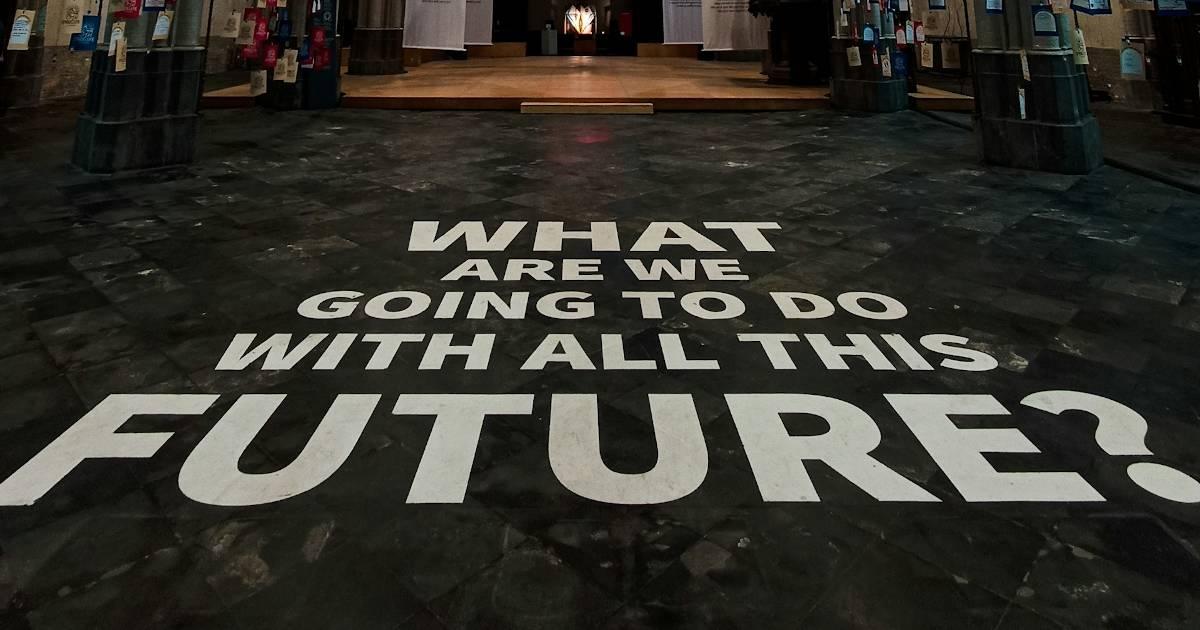
Still Alive: A Micro Agency's 20 Year Journey - Part 2
In Part 2 of 'Still Alive', I recount the initial challenges we faced as an agency and how we survived through transformation into a cloud-first, virtual operation specializing in content migrations.
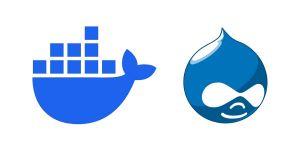
How To Set Up Drupal 7 Docker Containers for Migration Projects
Learn how Docker is a valuable tool for Drupal 7 end of life migrations. In this post, I'll give a step-by-step guide to setting up a Drupal 7 container for your migration project.
Footnotes
- Featured image photo by Emiliano Vittoriosi.
- HotDog 1.0 screenshot from The Web design Museum.